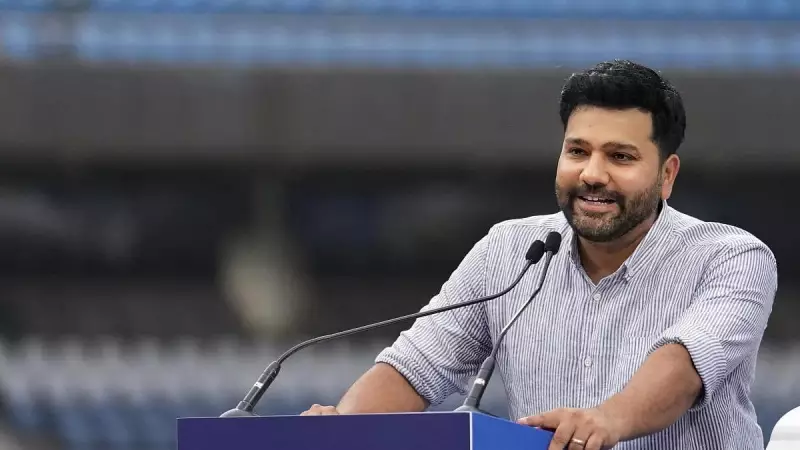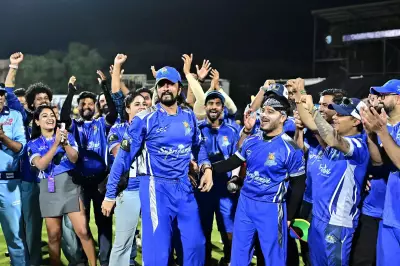
Indian cricket captain Rohit Sharma, in a refreshingly candid conversation, has revealed that his approach to life extends far beyond the cricket field, emphasizing the importance of maintaining a healthy work-life balance in the high-pressure world of international sports.
More to Life Than Professional Achievements
The star batsman shared profound insights about his personal philosophy, stating that while cricket remains his passion, it doesn't define his entire existence. "There is so much to do in life besides what you do professionally," Sharma remarked, highlighting how this perspective helps him maintain equilibrium amidst the demands of international cricket.
Family First: The Sharma Mantra
Sharma particularly emphasized the significance of family in his life. "When I go back home, I don't want to be thinking about what happened in the field," he explained. The cricketer detailed how switching off from professional mode allows him to be fully present as a husband and father, creating a clear separation between his sporting career and personal life.
The Art of Switching Off
The Indian skipper revealed practical strategies he employs to maintain this balance:
- Consciously disconnecting from cricket when off-duty
- Prioritizing quality time with family
- Engaging in non-cricket related activities and interests
- Maintaining perspective about wins and losses
Mental Wellness in Professional Sports
Sharma's approach underscores a growing awareness about mental health in professional sports. His philosophy demonstrates how top athletes are increasingly recognizing the importance of psychological well-being alongside physical fitness and professional performance.
"It's crucial to find happiness beyond your professional achievements," Sharma emphasized, suggesting that this mindset actually enhances his on-field performance by reducing pressure and preventing burnout.
Leading by Example
As captain of the Indian cricket team, Sharma's balanced approach sets an important example for younger players. His perspective challenges the traditional notion that athletes must eat, sleep, and breathe their sport 24/7, instead promoting a more sustainable, holistic approach to professional excellence.
The cricketer's revelations come at a time when mental health discussions in sports are gaining momentum globally, making his insights particularly relevant for athletes and professionals across all fields seeking to maintain excellence without sacrificing personal well-being.




